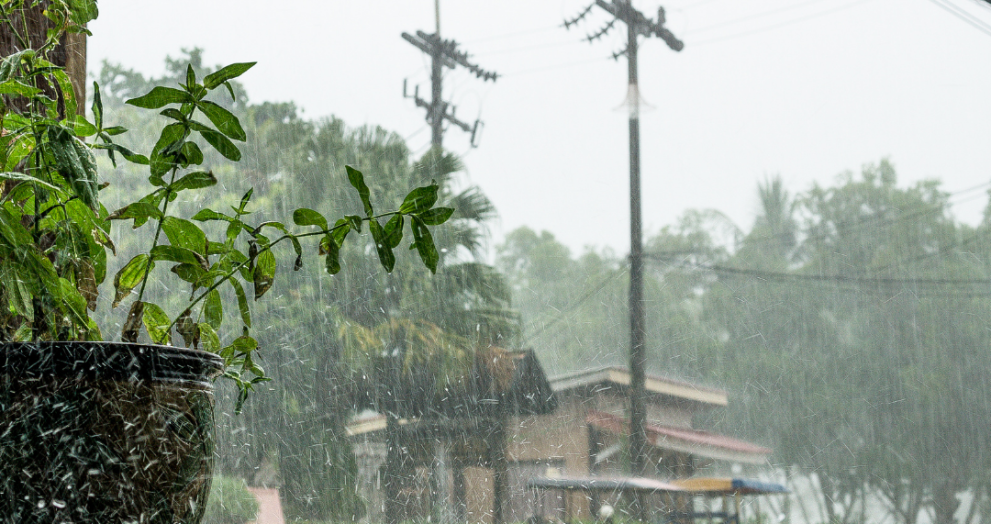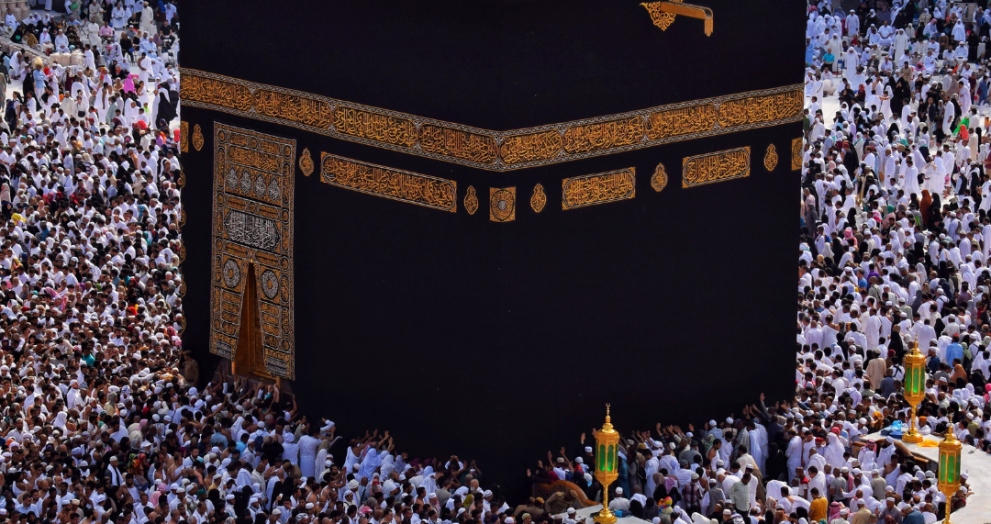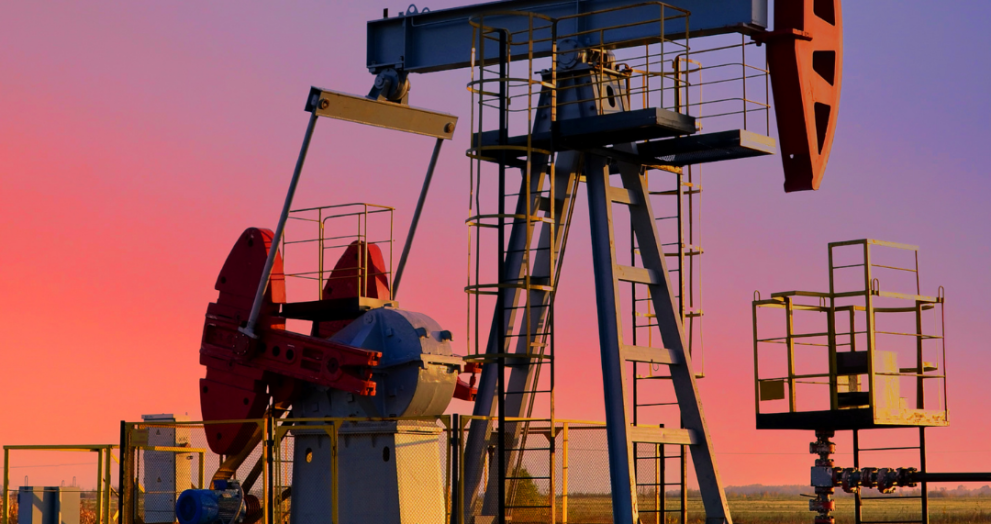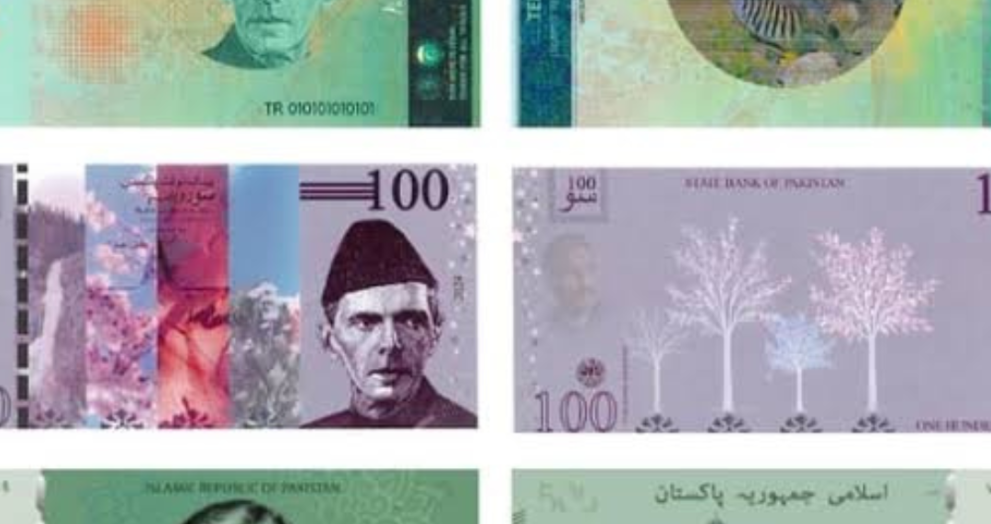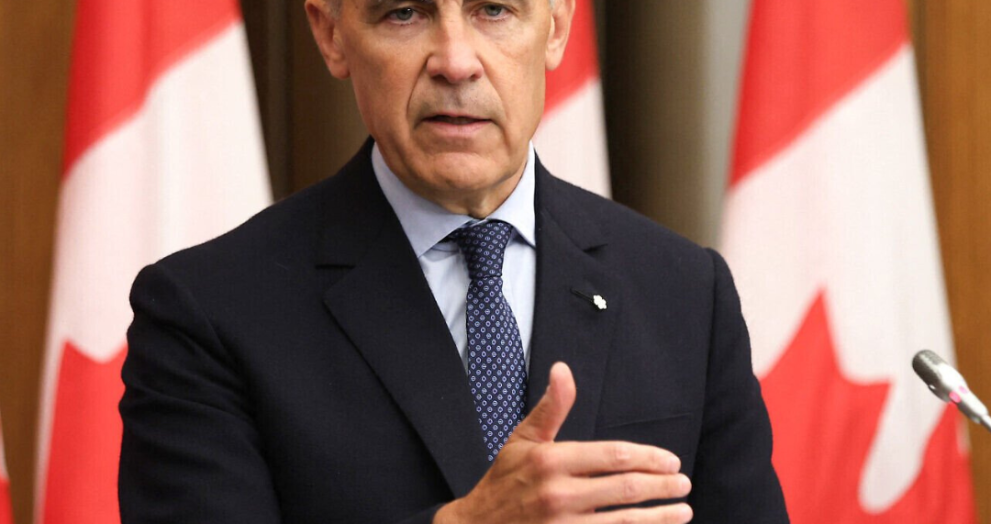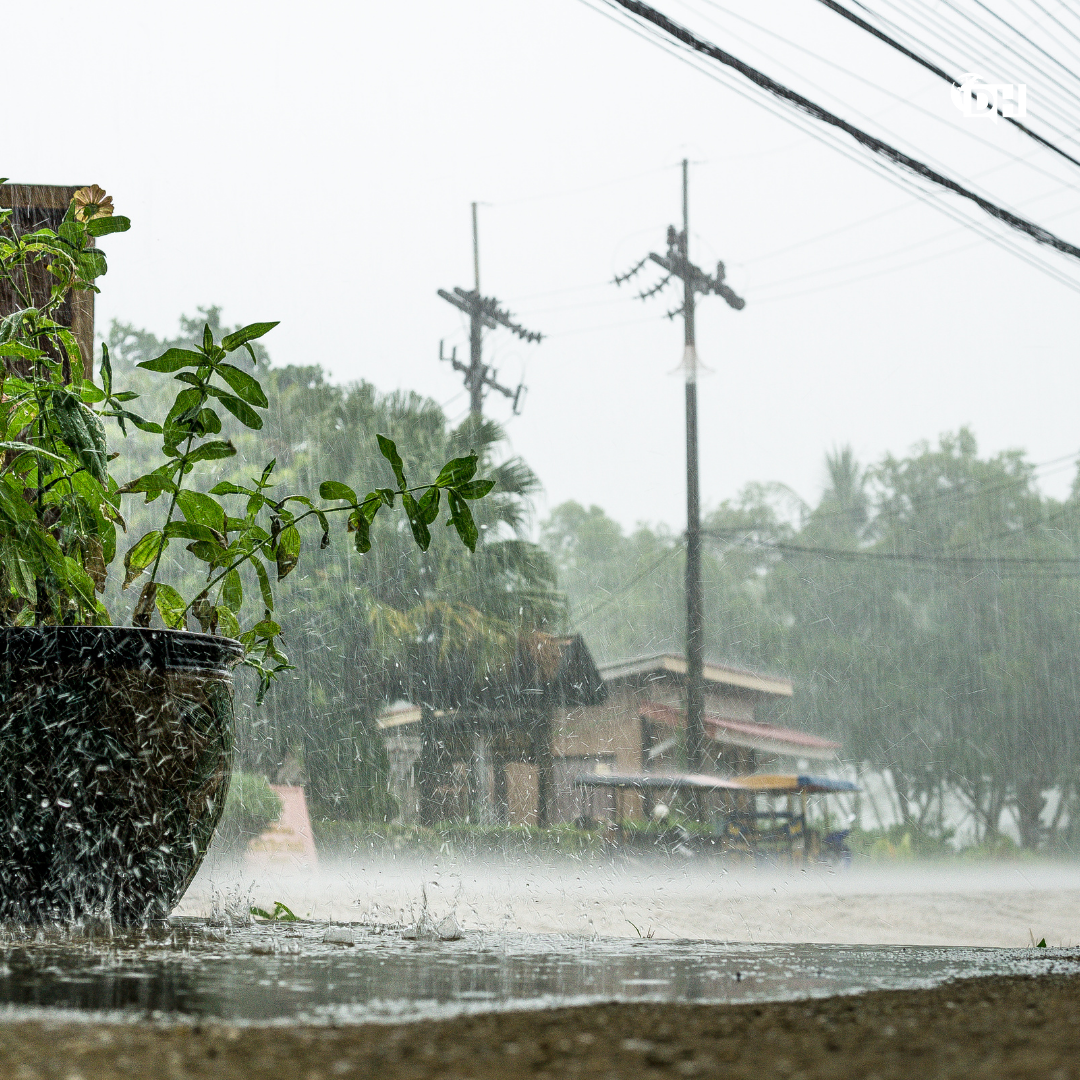Heavy Rains and Thunderstorms warning in Pakistan Starting Today
A major Pakistan weather alert has been issued by the Meteorological Department as heavy rain in Pakistan is expected to begin today across various regions of the country. The forecast highlights strong weather conditions, including intense showers, thunder, and a high risk of urban flooding in areas with inadequate drainage systems. According to the latest update, the brunt of this storm system is expected to hit northern and central Pakistan. Provinces like Punjab and Khyber Pakhtunkhwa, along with the capital city Islamabad, have been marked as high-risk zones. Sudden weather changes, including fast-building thunderstorms and torrential downpours, could pose serious challenges for residents in these regions. The Pakistan weather alert has prompted authorities to advise citizens to take all necessary precautions. Those living in low-lying or flood-prone areas are especially urged to stay alert and be prepared for possible evacuations. Families residing near rivers, drainage channels, and urban streams should monitor rising water levels closely. Officials have also warned of potential damage to weaker structures, traffic disruptions, and blocked roads due to the expected heavy rain in Pakistan. Commuters are advised to avoid unnecessary travel, while pedestrians should stay indoors during peak rain periods to ensure their safety. Local rescue teams and municipal authorities are on high alert. Emergency response plans have been activated in various districts, especially in cities prone to flash floods and drainage issues. The Meteorological Department is working in coordination with local administrations to keep the public informed and safe. For people whose work keeps them outdoors—such as farmers, construction workers, and street vendors—this Pakistan weather alert serves as a warning to plan their activities carefully. The department recommends delaying work where possible or seeking shelter quickly in case the weather turns severe. In addition, households are being urged to secure loose items outside their homes, such as plants, outdoor furniture, and tools, which can be displaced or damaged during strong winds and heavy rain. Keeping emergency supplies and first aid kits ready is also strongly advised. The Meteorological Department has emphasized that citizens should stay updated by following trusted sources of information, including national weather bulletins, local news channels, and official government apps and websites. Social media users are also encouraged to share alerts responsibly to help spread awareness. The forecast indicates that the current spell of heavy rain in Pakistan may continue for several days, especially in areas where the system is slow-moving. Meteorologists are closely monitoring its progress and will issue further updates as needed. While the rainfall brings much-needed water for agriculture and may provide temporary relief from heat, it also presents serious hazards if precautions are not taken. The public is reminded that preparation and awareness are key to staying safe during this challenging weather period.


